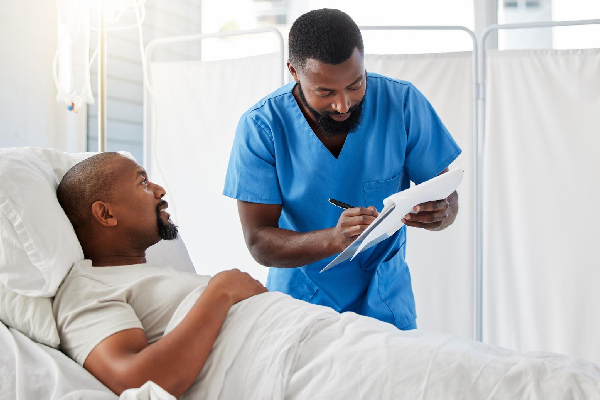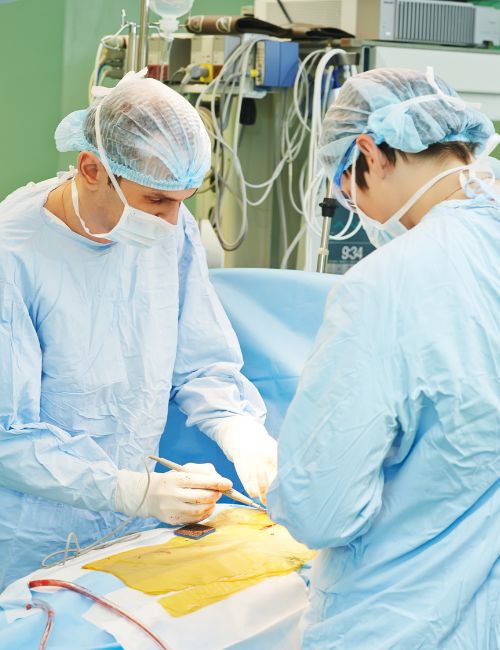Cancer Surgery
Cancer surgery is a medical procedure in which cancerous tumors or tissues are removed from the body.


The procedure involves making an incision in the body to access the cancerous tumor or tissue.
The tumor or tissue is then removed, along with some surrounding healthy tissue to ensure that all cancerous cells have been removed.
Depending on the location and size of the tumor, the surgery may be performed using traditional open surgery or minimally invasive techniques, such as laparoscopic or robotic surgery.

Cancer surgery is one of the most common treatments for cancer.
According to the American Cancer Society, over 1.8 million people in the United States will be diagnosed with cancer in 2022, and many of them will require surgery.
The success of cancer surgery depends on several factors, including the type of cancer, the stage of the cancer, and the patient’s overall health.
As with any surgery, there are risks and complications associated with cancer surgery, including bleeding, infection, blood clots, and damage to surrounding tissues and organs.
In some cases, cancer surgery may lead to long-term side effects, such as lymphedema (swelling caused by the removal of lymph nodes) or nerve damage.

After the surgery, the patient will be monitored closely for any signs of complications, such as bleeding or infection.
Pain medication and other supportive therapies may be provided to help manage any discomfort or side effects.
In some cases, the patient may require rehabilitation or physical therapy to regain strength and mobility.
Before the surgery, the patient will undergo a thorough medical evaluation to determine if they are healthy enough for surgery.
Depending on the type of cancer and the patient’s overall health, they may be asked to stop taking certain medications or to change their diet in the days leading up to the surgery.

It is important for the patient to follow their doctor’s instructions carefully and to avoid strenuous activity or heavy lifting for several weeks after the surgery.
Depending on the location of the surgery, the patient may need to avoid certain movements or activities until they have fully healed.
It is important for the patient to attend all follow-up appointments and to report any unusual symptoms or side effects to their doctor.